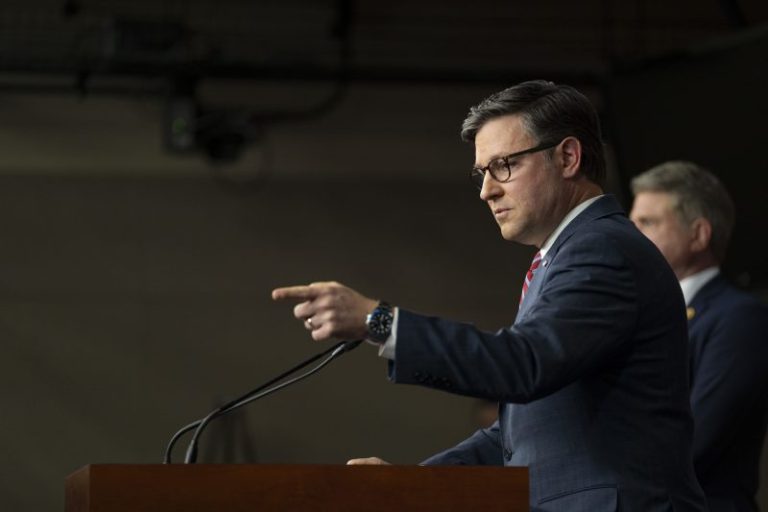In recent years, the issue of government funding has become a recurring problem in the United States, with House Republicans often finding themselves in the middle of contentious debates and struggles to pass budget bills. Despite being in the majority in the House of Representatives, House Republicans have faced challenges in managing to fund the government, leading to various consequences and impacting government operations.
One of the primary reasons why House Republicans have struggled to fund the government is the lack of consensus within the party. The Republican Party encompasses a wide spectrum of ideologies and priorities, ranging from moderates to staunch conservatives. This diversity of viewpoints often leads to internal disagreements over budgetary allocations and priorities. Additionally, the rise of the Tea Party movement within the party has further exacerbated these divisions, with some members pushing for deep spending cuts and limited government intervention.
Furthermore, the dynamics between the different branches of government have also played a significant role in hindering House Republicans’ ability to fund the government. The separation of powers between the executive and legislative branches means that both must agree on budgetary matters for funding to pass. During periods of divided government, where the President is from a different party than the majority in the House, negotiations become even more challenging, as conflicting political interests come into play.
Another factor contributing to the funding challenges faced by House Republicans is the influence of outside interest groups and lobbyists. These groups often exert pressure on lawmakers to advance specific agendas or allocate funds to favored programs. This external pressure can further complicate efforts to reach consensus on budget bills and may result in prolonged standoffs or last-minute compromises that do not fully address the underlying issues.
Moreover, the continued reliance on short-term funding measures, such as continuing resolutions, has also hindered House Republicans’ ability to effectively manage government funding. These temporary measures provide only temporary solutions, often resulting in stopgap funding to avert government shutdowns rather than addressing long-term budgetary needs. This cycle of short-term fixes creates uncertainty for government agencies and impedes effective planning and resource allocation.
In conclusion, the challenges faced by House Republicans in managing to fund the government stem from a combination of internal party dynamics, inter-branch conflicts, external pressures, and reliance on short-term funding measures. To address these issues and ensure the efficient functioning of government operations, House Republicans must work towards fostering greater unity within the party, engaging in constructive dialogues with other branches of government, reducing the influence of external interest groups, and pursuing sustainable, long-term budgetary solutions. By overcoming these obstacles, House Republicans can fulfill their responsibilities in funding the government effectively and in the best interest of the American people.



